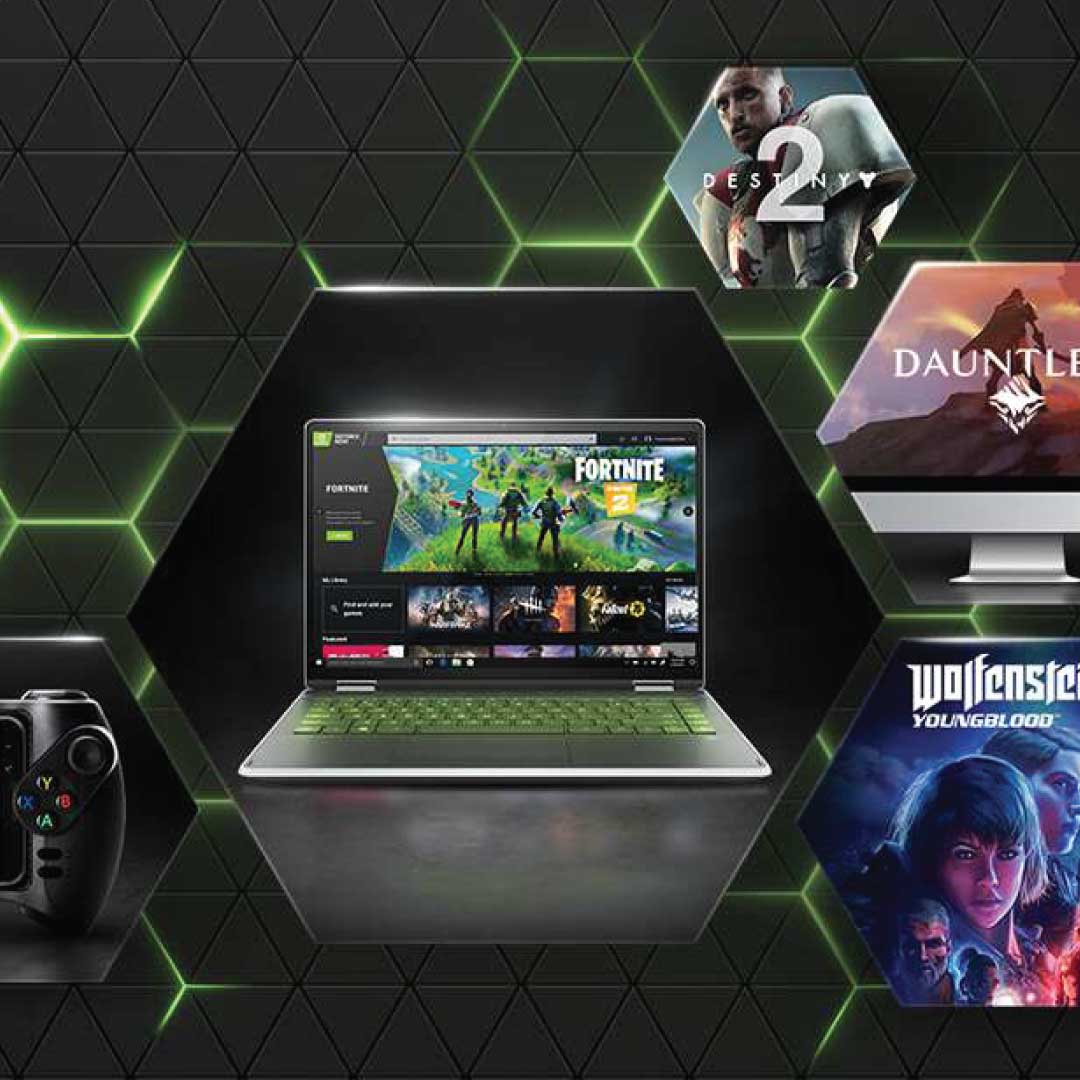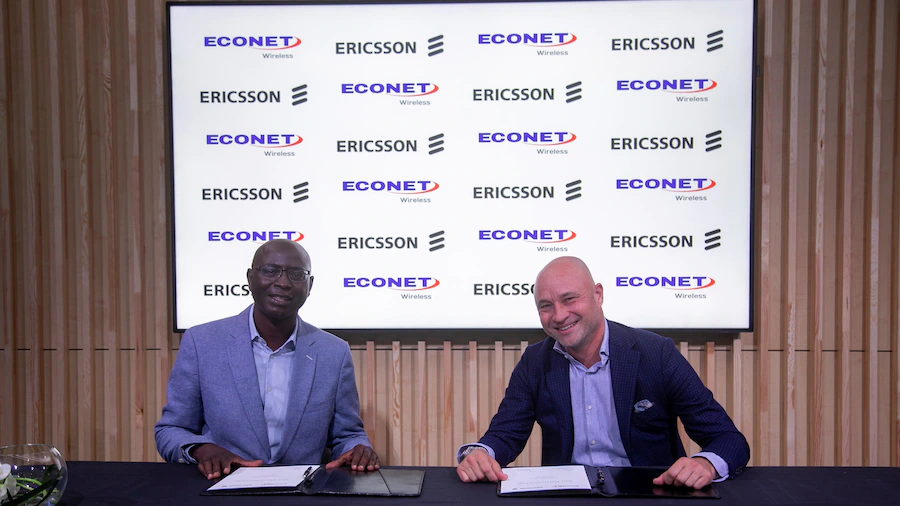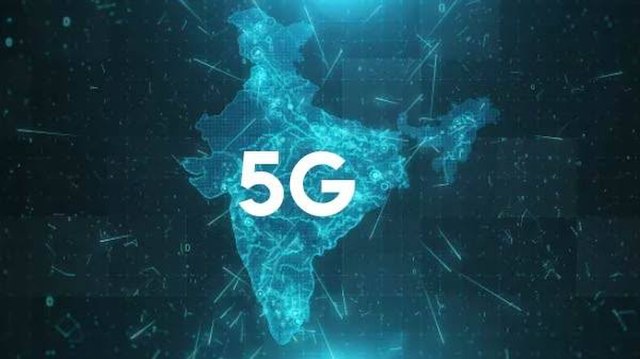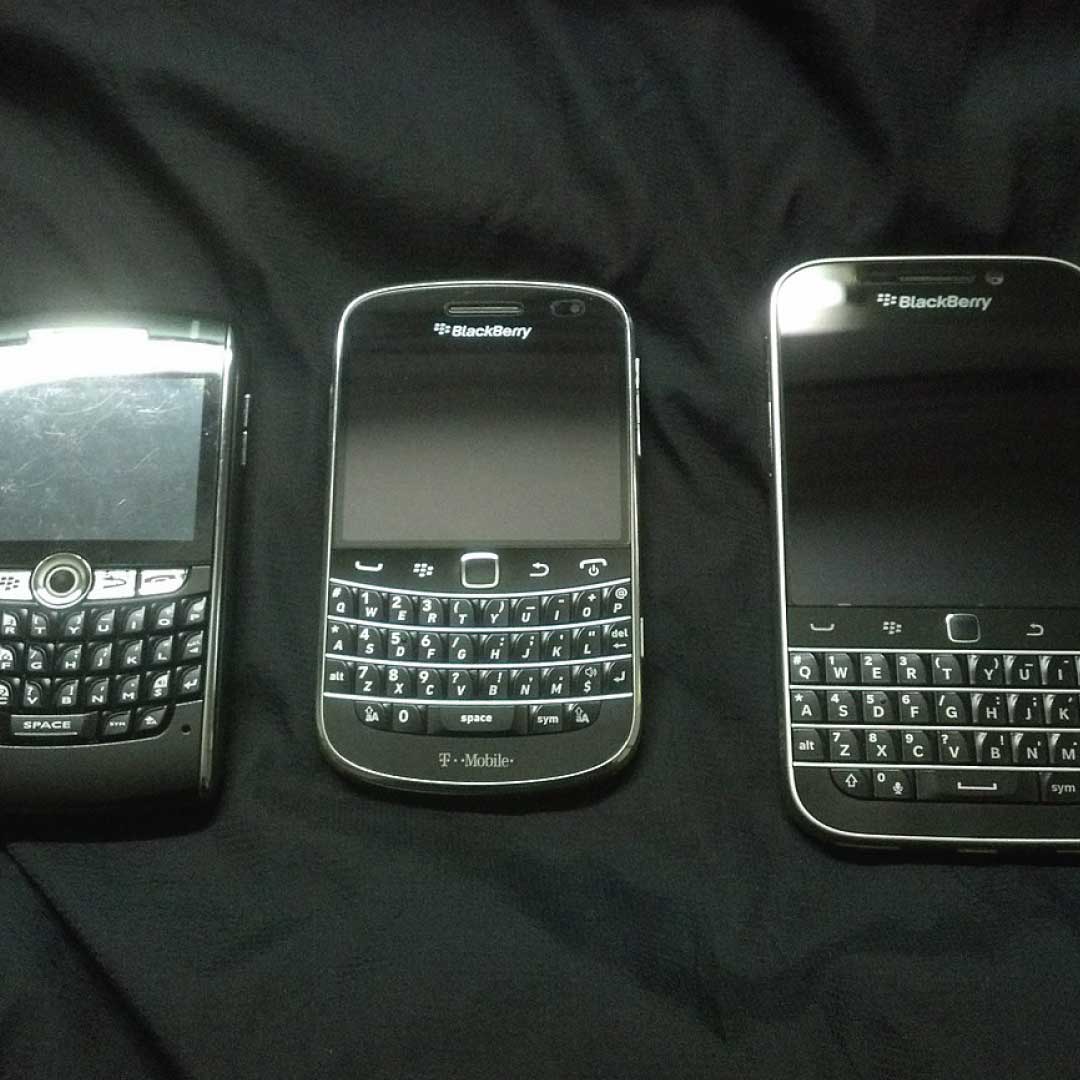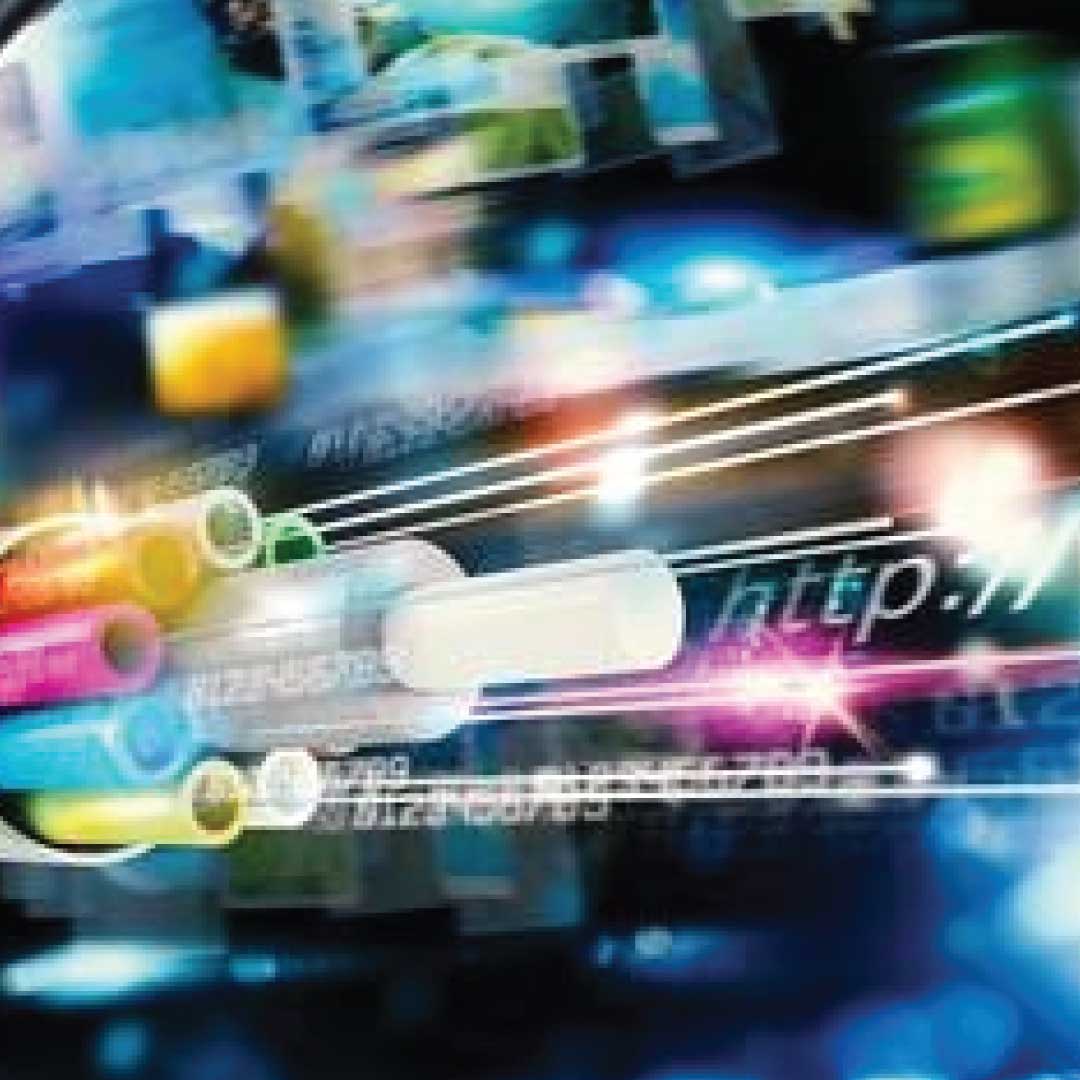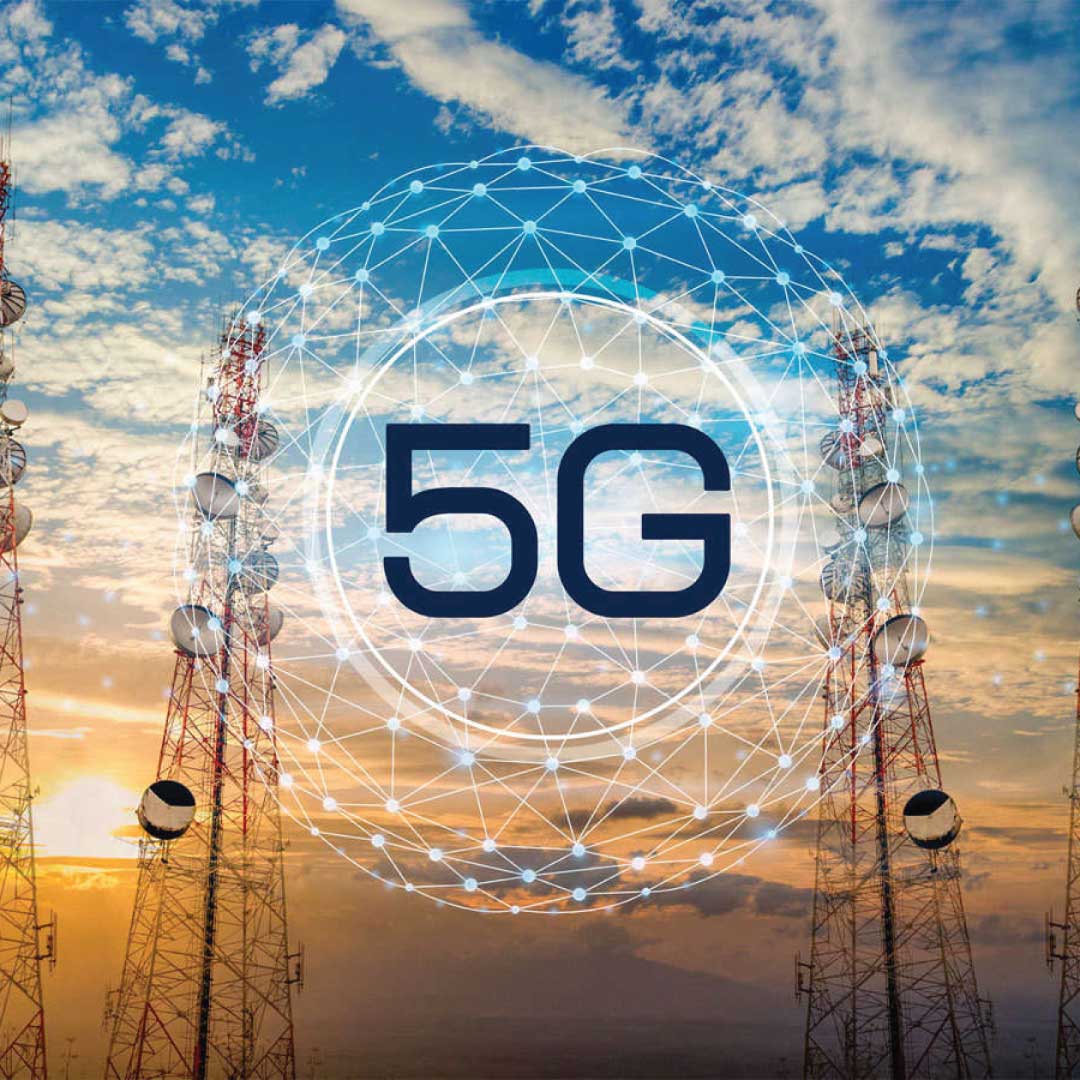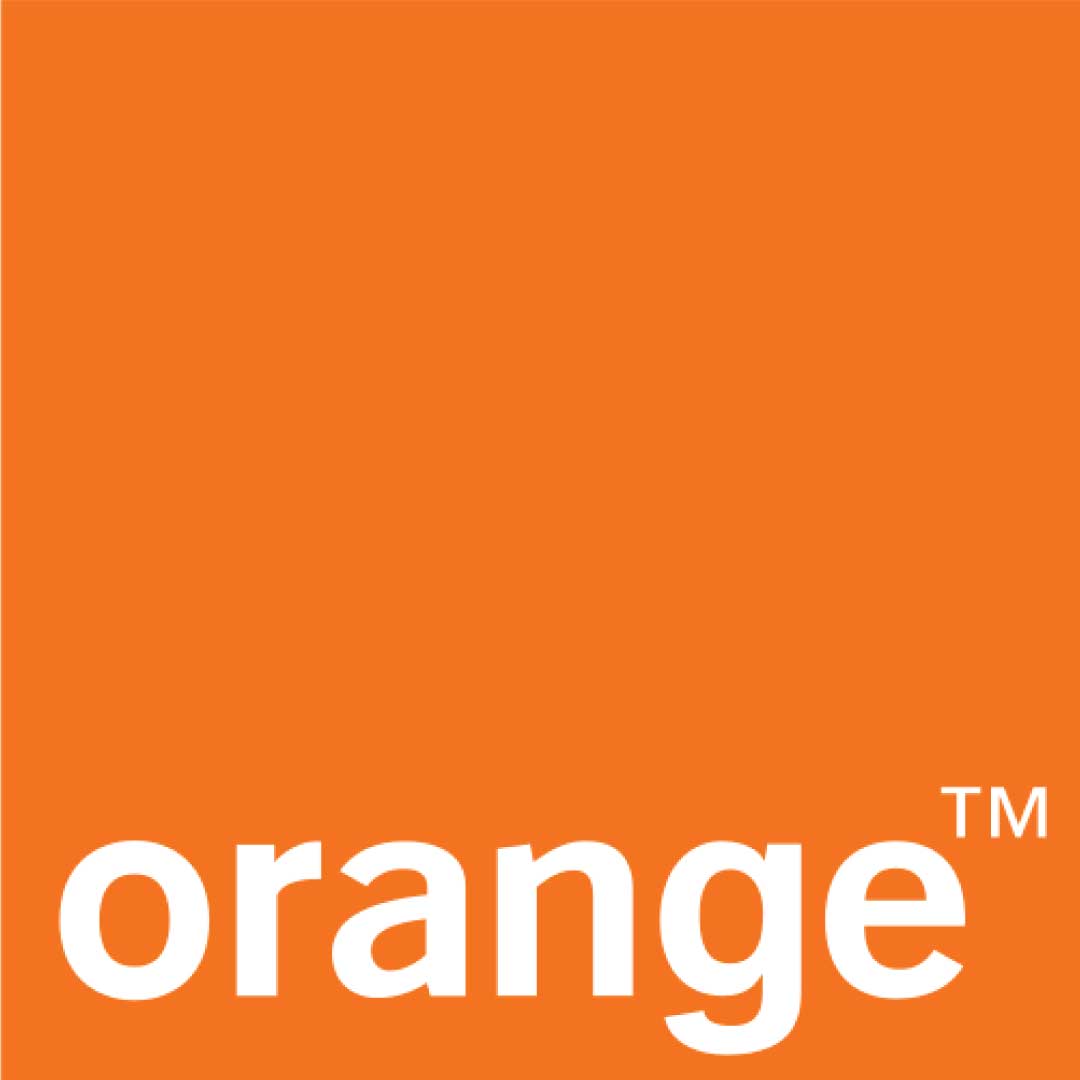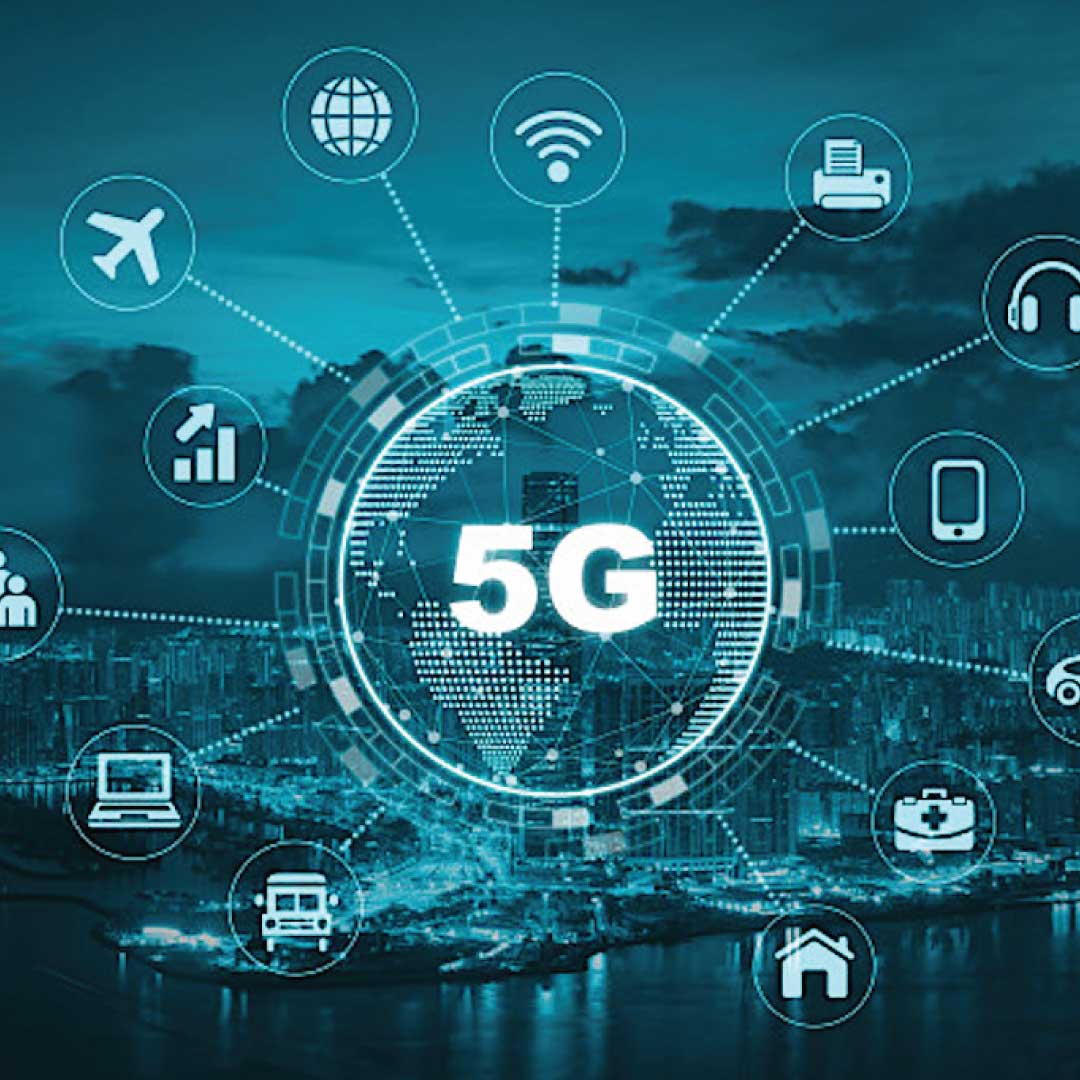Zain which is Saudi Arabia’s leading telecommunications provider has announced that its subscribers will soon be able to access the GeForce NOW cloud game library from Zain KSA and enjoy the most powerful cloud gaming features courtesy of its partnership with NVIDIA, the leading provider of cloud computing solutions, across many markets in the region.
This announcement was made following the Mobile World Congress in Barcelona (MWC). The Kingdom of Saudi Arabia through this collaboration is set to become a regional epicentre for world-class e-gaming and cloud gaming experiences.
Following this strategic partnership, Zain KSA subscribers will be able to enjoy a wide range of cloud-based games, over a mind-blowing 5G network and without the hassle of owning and maintaining their own gaming rigs, via GeForce NOW from Zain KSA.
About GeForce Now
GeForce NOW is a cloud-based game streaming service powered by NVIDIA, delivering real-time gameplay right out of the cloud to the player’s laptop, desktop, Mac, SHIELD TV, iPhone, iPad, and Android devices. Players can connect to their NVIDIA store accounts and stream from their library of games, or play their favorite free-to-play games with amazing GeForce quality.
With GeForce NOW cloud game, gamers can run games on remote servers and stream them directly to their devices. The actual game is stored, executed, and rendered on the remote operator’s servers without the need for high-capability end-user devices.
Mr. Rayan bin Abdullah Al-Turki, Chief Communications Officer at Zain Saudi Arabia, said: “We are working in Zain Saudi Arabia to contribute to shaping the digital future, and in particular entertainment, for future generations, especially in the field of cloud games, which are witnessing widespread and widespread popularity.
Read Also : MTN Group and Rakuten Symphony Sign MOU for 4G, 5G OpenRAN Trials
In the Kingdom and the countries of the region. After the pioneering experience of GeForce NOW service in the Kingdom, Zain Saudi Arabia’s cloud gaming system and the technical progress it provides, as well as the experience we have accumulated in the local market, have become a requirement of regional telecom operators and their subscribers, including gaming enthusiasts and professionals.
By strengthening our cooperation with NVIDIA, we will provide the countries of the region with an integrated digital experience that enriches the digital entertainment sector in general, and redefines the concept of electronic games by providing a unique gaming experience that does not require any equipment, storage or advanced processing requirements, but rather incorporates the latest technologies With the best content and the easiest access from anywhere and on any device.”
What The Partnership Means For GeForce Now
Commenting on the partnership, Richard Lamond, GeForce NOW & SHIELD Director of Sales, NVIDIA EMEA, said: “By facilitating direct communication with the GeForce gaming platform in the cloud, more than 1,000 games can be listened to across Steam, Epic and Ubisoft Game Stores; Now the GeForce NOW platform has expanded to more than 80 countries around the world.” He added, “We partnered with Zain Saudi Arabia to launch the GeForce NOW platform in Saudi Arabia last year, and we are pleased to work with them to expand the service to Kuwait, Jordan and Oman in the coming months.”
By strengthening this strategic partnership, Zain KSA leverages its products and services to contribute to the goals of Vision 2030 and achieve the Kingdom’s digital transformation through a safe and secure system that protects the rights and data of all partners. This is in line with Zain KSA’s strategy to become a leading digital service provider with state-of-the-art solutions that keep pace with future requirements and anticipate future technical challenges.
It is worthy of note that Zain Saudi Arabia has designed an advanced infrastructure that contributed to Riyadh being ranked first among the capitals of the world in the speed of the fifth-generation (5G) internet, which reached a rate of 317.3 megabits per second, ahead of Tokyo and Dublin. Since its launch of the largest 5G network, it currently covers 51 cities through more than 5,000 towers.
